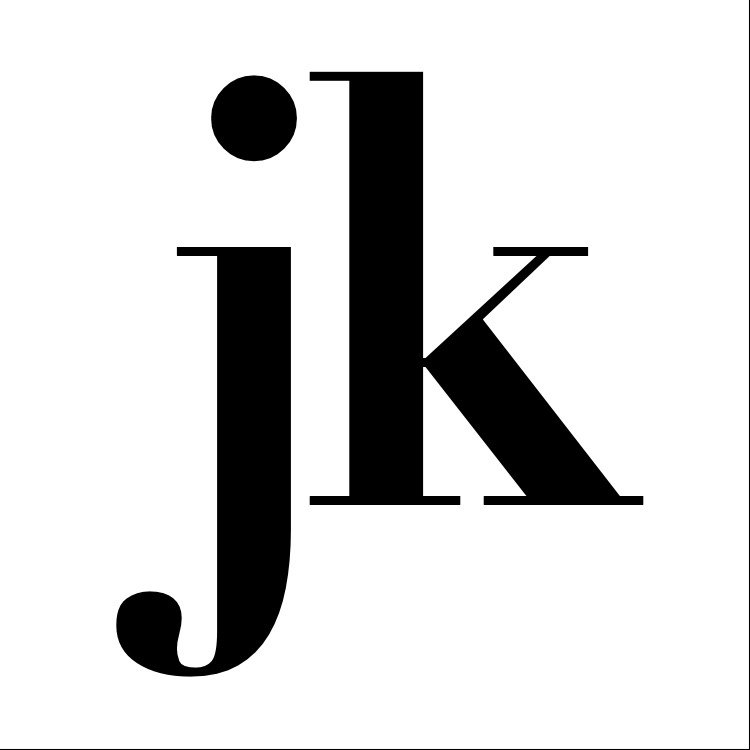Summer Newsletter 2022
And so with the sunshine and the great bursts of leaves growing on the trees, just as things grow in fast movies, I had that familiar conviction that life was beginning over again with the summer
― F. Scott Fitzgerald, The Great Gatsby
On May 4th, I officially came of age in America; it was on that date, 21 years ago, that I was sworn in as a United States citizen. Yet still, I find aspects of living here curious—like many of the holidays. For a start, “holiday” to me is not simply a specific day, but an entire vacation. While I have come to understand, intellectually, the huge importance of Thanksgiving Day and the Fourth of July, they don’t touch me in the visceral way that happens when something is an intrinsic part of your upbringing. An American holiday that I have come to identify with, though, is Memorial Day, because it is linked to one of the aspects I love most about living here: the clearly defined seasons. Memorial Day signals the start of the long, slow, lazy days of summer that gradually wind down to the inert doldrums of August. The pace is slower at WBJC and we can program longer pieces, it’s a time for this Capetonian to plan a “holiday” to go and put her toes in the sea, and I feel as if I can catch up with myself and the three occupations I’m currently trying to juggle: classical music DJ-ing, creative writing, and exciting developments (fingers crossed!) around my screenplay based on André Brink’s Philida.


August 8 – 12
Those inert doldrums of August will actually see me up in Chautauqua in western New York for a week, presenting a five-part lecture series about the cross-pollination of the arts. Mozart, if you think about it, wouldn’t have been the Mozart we know if his unique genius hadn’t flourished against the particular backdrop of 18th classicism with its emphasis on clarity, balance, and form. So, as I look ahead, I’m dipping into in Greek antiquity; the Renaissance revival followed by Baroque extravagance; Classicism in the 18th Century; the shift to self-expression in the Romantic era; and the Post Romantics from Impressionism to Neo-Classicism. All of this by the side of Lake Chautauqua—what bliss.

But, as the horrors of the Russian invasion of Ukraine continue to reverberate, Covid-19 also continues to demonstrate just how much it can still upend lives globally. Close to home, a volunteer during the WBJC spring fund drive tested positive, as did two members of the Pacifica Quartet, which meant that their recital for the Shriver Hall Concert Series had to be rescheduled. This included my being in conversation with composer James Lee III, which will now be at 4:30 pm on Sunday, June 19th—Juneteenth, when we mark the end of slavery in the U.S. We'll be discussing the Baltimore premiere of his new work, A Double Standard for String Quartet and Soprano, based on a poem by Frances Ellen Watkins Harper, an African-American writer who was born free in Baltimore in 1825. Also, Julia Fleischaker, the redoubtable owner of the Baltimore indie bookstore Greedy Reads tested positive for Covid-19 on the very morning that the Greedy Reads literary festival, The Lost Weekend, was due to begin—Friday, May 13th (did the date have anything to do with it, you think?!) So much pre-planning had gone into The Lost Weekend, though, that it went off flawlessly, except that Julia, heartbreakingly, couldn’t be part of our lively panel discussion, If You Love Baltimore It Will Love You Back. I did get to speak to Julia for BookNotes beforehand, though, and you can listen to our 4-minute convo here.

Also over on the WBJC website, you can hear podcasts of BookNotes Review a new mid-monthly series I’ve added to the mix of the regular BookNotes interviews heard on the first Fridays and Saturdays of each month. I get to take my own advice too—I’m currently spellbound by Jennifer Egan’s companion piece to her 2010 Pulitzer Prize-winning book, A Visit from the Goon Squad. Her new work, The Candy House, hinges on a tech product called Own Your Unconscious, which allows characters to upload memories. To explore this elusive construct, Jennifer Egan uses myriad characters, going back and forth chronologically, from multiple points of view—omniscient to first-person plural to a duet of voices, even an epistolary chapter and a chapter of tweets. It’s inventive and entertaining enough even to be a beach read, but really any type of read you choose.
Enjoy your summer/winter, and I’ll be in touch as the seasons change again.
Judith
